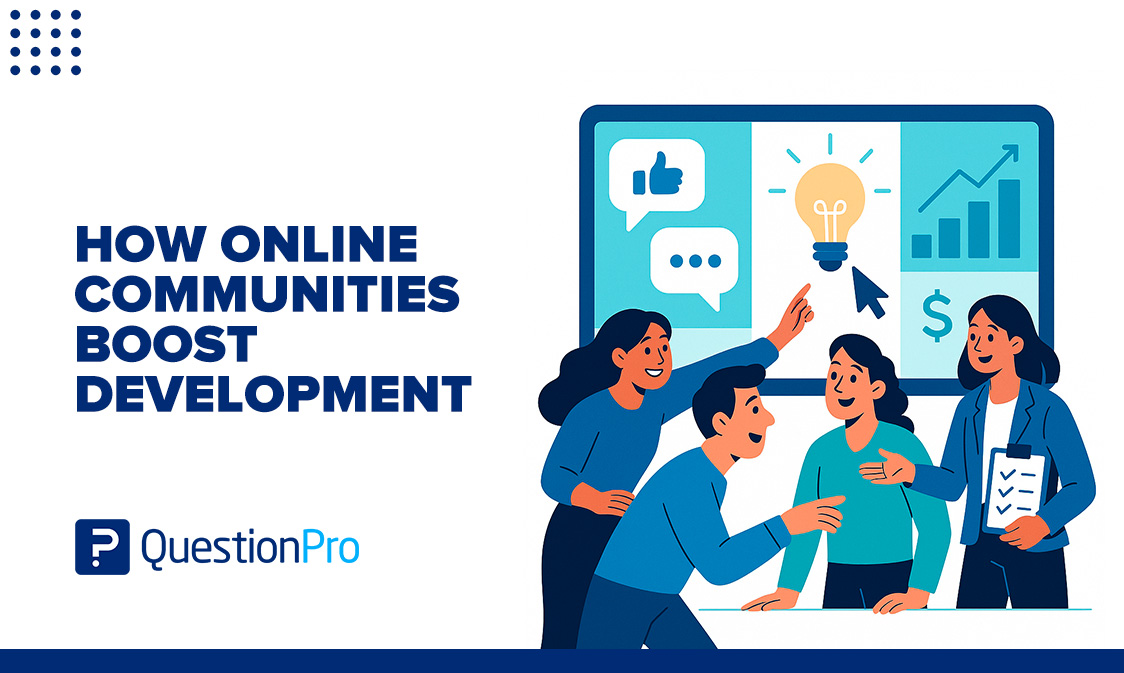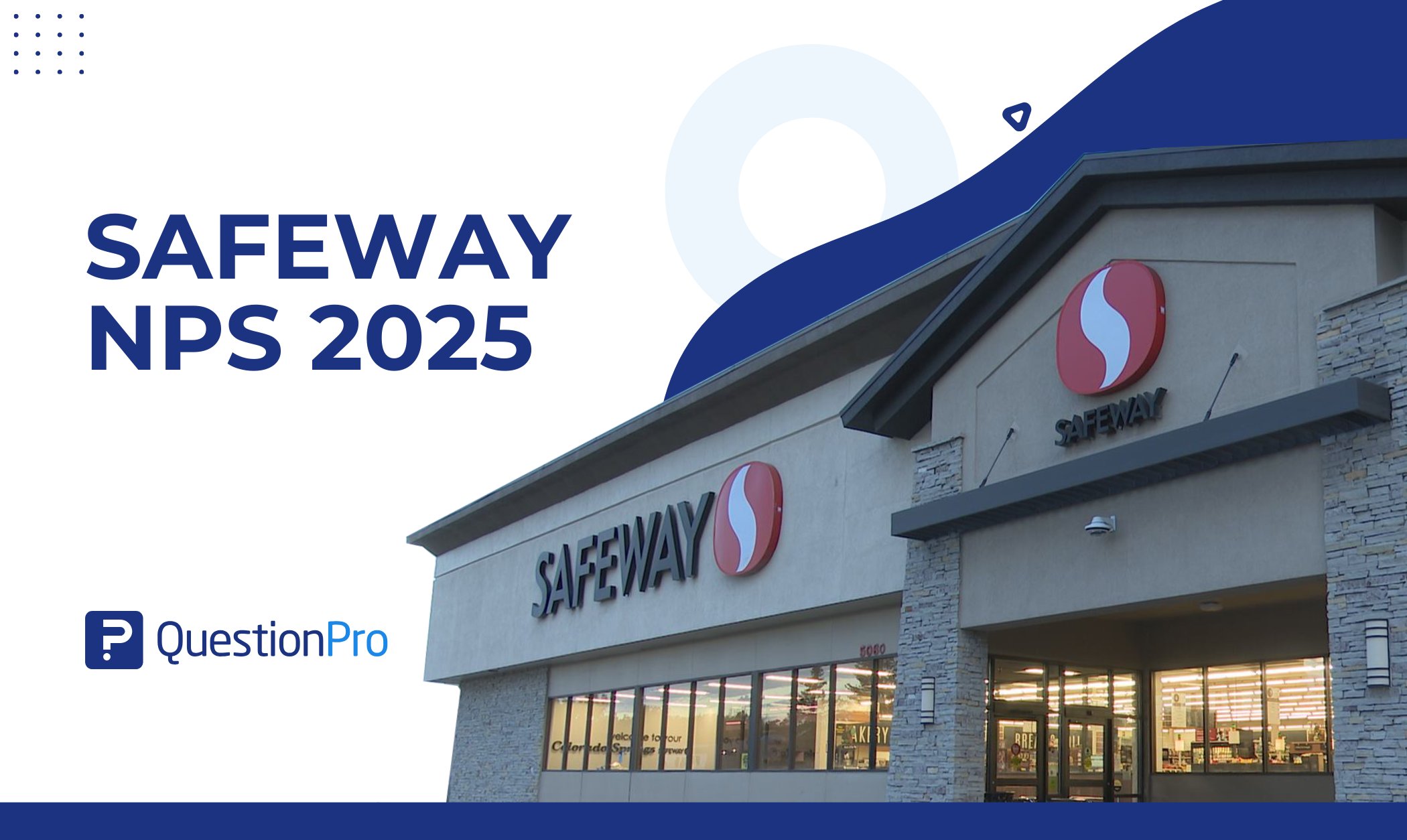Vivek Bhaskaran passed this link around the other day from an Ad Age article titled “Will Social Media Replace Surveys as a Research Tool?” As a marketing practitioner — meaning that I use BOTH social media and surveys — I was taken aback.
Here is an excerpt from the article (but I encourage you to click over and read it yourself as well):
Joan Lewis, global consumer and market knowledge officer of Procter & Gamble Co., with its $350 million in annual market-research outlays, made the statements during and after a panel discussion on “How Market Research Must Change” at the Advertising Research Foundation’s Re:Think 2011 conference in New York.
The industry should get away from “believing a method, particularly survey research, will be the solution to anything,” she said. “We need to be methodology agnostic.”
Social-media listening isn’t only replacing some survey research but also making it harder to do by changing consumer behavior and expectations, Ms. Lewis said in an interview after the panel.
“The more people see two-way engagement and being able to interact with people all over the world, I think the less they want to be involved in structured research,” she said. “If I have something to say to that company now, there are lots of ways to say it.”
I’m not sure if it’s just me (so pipe in here), but it would NEVER dawn on me to replace every survey with social media. Social media has certainly changed the landscape of how we gather information. The two-way interaction and communication with customers is often a free focus group.
But not every business is P&G. Many products and services don’t have the brand presence or the audience on social media channels to garner enough valid feedback.
In fact, I predict that surveys will change and that the only thing I can hope for from social media is that it does away with stupid survey questions that don’t deliver good decision-making information. But again — this is making the assumption that my respondent is talking about Bromobutyl rubber compounds on Twitter. (Just searched Twitter – not a Tweet on bromobutyl or Facebook) But if you search it on LinkedIn, you’ll find some potential respondents to a survey perhaps.
Am I Sounding Defensive?
Another point in the article is to stay method agnostic — and I think this is a great recommendation. As research professionals, it’s out job to get to information that helps us make good business decisions. I don’t particularly care which method we’re using — as long as it can help me run my business.







